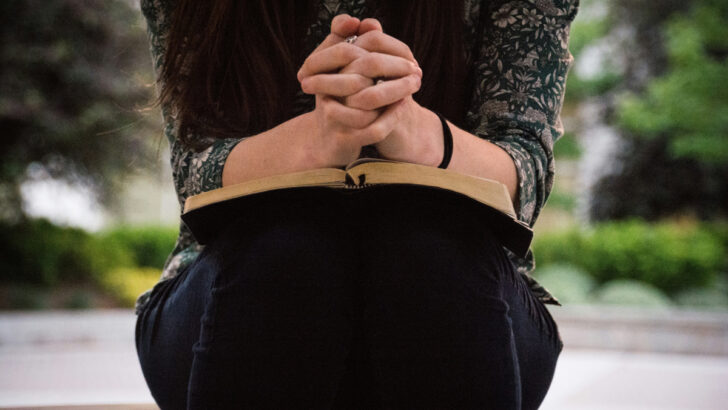It is of the essence of the Catholic Church to be Catholic. At first glance, this statement seems rather peculiar or even so self-explanatory to be tautologous. What else would the Catholic Church be except Catholic?
The community formed by the followers of Jesus was first called Catholic in 110AD by St Ignatius of Antioch. The Church Father used the term to describe the ecclesial community, meaning that it was universal rather than made up of sects, coming from the Greek katholikos.
So, when we speak of the Church being Catholic – under the authority of the Successor of St Peter – it is at the same time Catholic, meaning it is all-embracing.
This is at the heart of our self-understanding of the Church as a community that is always in mission. The Church exists to be missionary, that is to evangelise. This is a mandate from Christ Himself who instructed his followers to “go forth and teach all nations, baptising them in the name of the Father and of the Son and of the Holy Spirit, teaching them to observe all that I have ever commanded you. And behold, I am with you always, even to the end of times” (Matthew 28:19-20).
The Church in Ireland has always had an acute awareness of that missionary mandate going back to the first followers of St Patrick, the Irish monks who rebuilt European civilisation after the Dark Ages and the great missionary movement of the 19th and early 20th Century that continues to our own day.
The global Pontifical Foundation Aid to the Church in Need has just released its annual activity report for 2023 (read more about it here). The report reveals what ACN President Irishwoman Regina Lynch describes as a ‘true miracle’ with over 5,000 projects supported to the tune of €144.5 million.
The figures are all the more remarkable when one considers that the charity does not receive (nor does it seek) funding from government or other ecclesial sources.
In that sense, Aid to the Church in Need is the fruit of a grassroots movement of ordinary Catholics in the 23 countries where the foundation has a national office – including Ireland – supporting the missionary activity of the Church in 138 of the world’s poorest countries.
ACN is perhaps unique as a charity in that at the core of the mission is a dual focus on both the material well-bring of people, and their spiritual wellbeing.
A brief look at the report shows urgent humanitarian support for war-torn communities in Israel, Palestine, Ukraine and Syria. As crises deepen in Lebanon, Armenia, Myanmar, Sudan, Democratic Republic of Congo, Burkina Faso, Nigeria and Mozambique ACN is supporting vital aid.
Alongside that humanitarian aid, ACN is providing vital pastoral support. Whether is it supporting the formation of future priests, one of ten of whom globally is now funded by ACN – or buying a motorbike for a missionary in Uganda or a canoe for a catechist in an isolated part of the Amazon, a little really does go a long way.
Catholics are always called to think universally. It can be tempting to think solely of local circumstances, and sometimes in that context reasons to be hopeful might be in short supply.
When one has a universal vision – a truly Catholic approach – one can see the bigger picture and rejoice in the growth of the Church. The divine paradox, of course, is that the Church always grows in what can seem the most difficult of circumstances.
Keeping the universal picture before our eyes also helps us remain what Pope Francis calls a Church that goes out, rather than one that is self-referencing. It’s easy for Catholics in Ireland to grumble at cheap shots against our Faith on the radio; many of our sisters and brothers in troubled parts of the world risk their lives for the Faith – we should take inspiration from their struggles.



